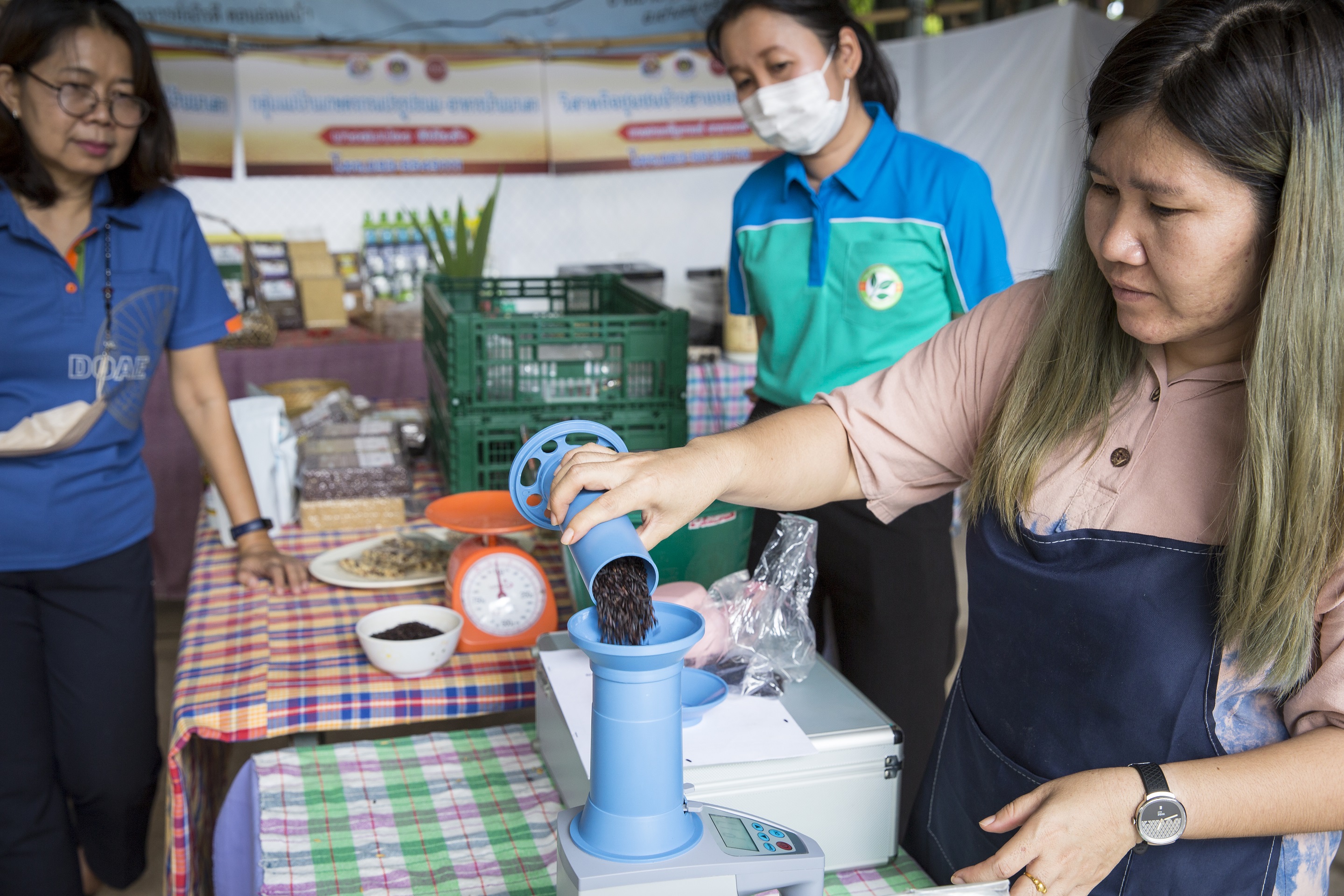Food loss and waste reduction, measurement and policy
Food loss and waste reduction should be seen as a means towards achieving other objectives, including improving food security and nutrition, reducing greenhouse gas emissions and lowering pressure on water and land resources, which contribute towards increased productivity and economic growth. The formulation of effective policies to achieve food loss and waste reduction requires comprehensive information as to how much and where – both geographically and along the supply chain – various foods are lost or wasted. The work of the Food and Agriculture Organization of the United Nations (FAO) on measurement, and its support to countries in taking action to reduce food loss and waste, is critical in tracking progress made by countries.
This Technical Platform on Food Loss and Waste contributes to the Food is Never Waste Coalition, which was established as a result of the United Nations Food Systems Summit in September 2021.
.png?sfvrsn=1433d7f2_6)
Food Loss and Waste
International Day of Awareness of Food Loss and Waste 2024
The fifth observance of the International Day of Awareness of Food Loss and Waste highlighted the critical need for financing to bolster efforts to reduce food loss and waste, contribute to achieving climate goals and advancing the 2030 Agenda for Sustainable Development.
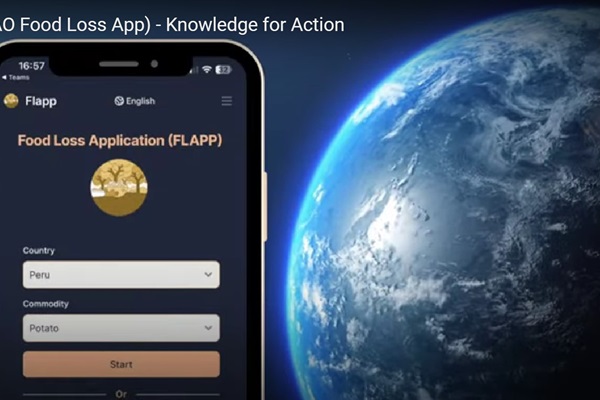
Data & Tools
FAO Food Loss App (FLAPP)
09/09/2024
Get actionable insights and expert advice on food loss from farm to market, all through the power of data and community-driven solutions

Publications
Food loss reduction: new publication
27/05/2024
Micro, small and medium-sized enterprises (MSMEs) continue...

Knowledge sharing
Newsletter | TPFLW Updates
Members of our Community of Practice (CoP) receive a bimonthly newsletter, the Technical Platform on Food Loss and Waste (TPFLW) Updates! Join the CoP and stay updated.
Stories
Investing in food loss and waste prevention and reduction| IDAFLW 2024
29/09/2024
The fifth observance of the International Day of Awareness of Food Loss and Waste highlighted the critical need for financing to bolster efforts to reduce food loss and waste, for achieving climate goals and advancing the 2030 Agenda for Sustainable Development. The world produces enough food to feed everyone, and yet millions suffer from hunger and malnutrition.

Community of Practice (CoP) on food loss reduction
As a member of the Community of Practice on food loss and waste reduction you will be able to access the Forum, participate in online discussions, get in touch with other practitioners, share and request relevant and updated information, contribute to building a worldwide community that aims to reduce food losses and achieve food security.
Publications
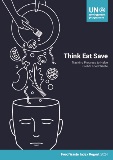
Food Waste Index Report 2024. Think Eat Save: Tracking Progress to Halve Global Food Waste
27/03/2024
This Food Waste Index Report 2024 builds on the 2021 report in three ways: 1) New data has been used to develop a new estimate of global food waste; 2) is based on the SDG 12.3.2 food waste measurement methodology published in the Food Waste Index Report 2021, providing more detailed guidance on measurement at the retail, food service and household sectors; 3) it moves from food waste measurement to food waste reduction through public-private partnerships.
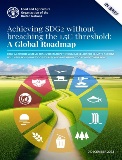
Global Roadmap for Achieving Sustainable Development Goal 2 (SDG2) without Breaching the 1.5°C
10/12/2023
A comprehensive strategy spanning the next three years that encompasses a diverse portfolio of solutions across ten distinct domains of action. Enormous amounts of resources – land, water, energy and labour – are used to produce food. When food is lost or wasted, these resources go to waste as well, impacting the efficiency of food production. Reducing food loss and waste is one of the domains of action illustrated in this Roadmap.
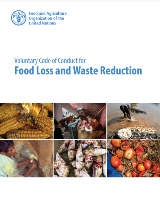
Voluntary Code of Conduct for Food Loss and Waste Reduction
20/07/2022
Following the request of the 26th Session of the Committee on Agriculture (COAG), FAO has developed the Voluntary Code of Conduct for Food Loss and Waste Reduction (CoC). The document was submitted to the FAO Conference for consideration and endorsement, and approved on 15 June 2021.

The State of Food and Agriculture 2019
31/10/2019
A shorter version of the FAO flagship publication The State of Food and Agriculture (SOFA) 2019, it contains the key messages and main points from the publication and is aimed at the media, policy makers and a more general public.
New resources


